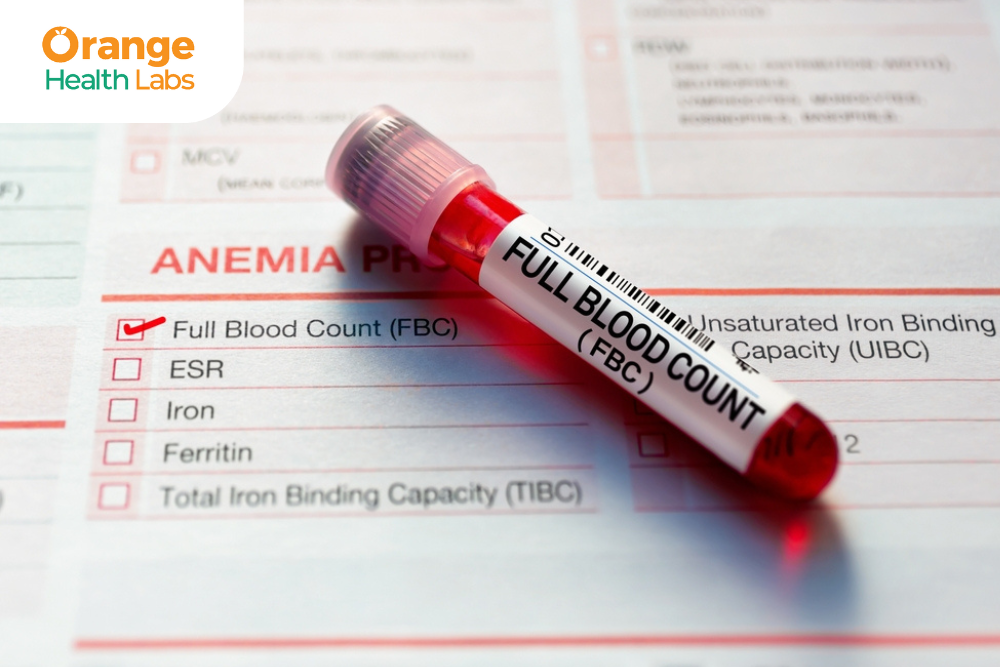Search for tests or checkups
SupportWhat is GGTP in Liver Function Test? Understanding Its Importance

The liver is one of the most vital organs, playing a crucial role in detoxification, digestion, and metabolism. When assessing liver health, doctors often recommend a Liver Function Test (LFT), which includes several markers—one of the most significant being Gamma-Glutamyl Transferase (GGTP or GGT). GGTP levels can help detect potential liver issues early. This article will break down what GGTP is, why it matters, and what abnormal levels indicate.
What is GGTP?
Gamma-Glutamyl Transferase (GGT) is an enzyme primarily found in the liver, bile ducts, pancreas, and kidneys. It plays a key role in transporting amino acids and breaking down toxins.
When the liver is damaged or under stress, GGTP levels rise, making it a crucial marker in liver function tests.
Why is GGTP Measured in a Liver Function Test?
Doctors use GGTP levels to:
- Assess liver health – Elevated levels may indicate liver disease, bile duct blockages, or alcohol-related damage.
- Differentiate between liver and bone disease – If alkaline phosphatase (ALP) levels are also high, a GGT test helps determine if the issue is liver-related.
- Monitor alcohol-related liver conditions – GGT is highly sensitive to excessive alcohol consumption, making it useful in diagnosing alcoholic liver disease.
- Detecting bile duct obstruction – Conditions such as gallstones or tumors can block the bile ducts, increasing GGT levels.
Normal and Abnormal GGTP Levels
Typical GGT reference ranges:
- Men: 10-71 U/L
- Women: 6-42 U/L
High GGTP Levels May Indicate:
- Liver diseases (fatty liver, hepatitis, cirrhosis)
- Bile duct issues (blockage, gallstones, tumors)
- Excessive alcohol consumption
- Medication side effects (certain antibiotics, statins, pain relievers)
Low GGTP Levels:
Low GGT levels are generally not a concern and may indicate good liver function or the effect of certain medications.
What Causes High GGTP Levels?
Liver Disease
- Fatty liver disease (NAFLD, AFLD)
- Hepatitis (inflammation of the liver)
- Cirrhosis (scarring from long-term damage)
Alcohol Consumption
- Chronic alcohol intake significantly raises GGT levels.
- Used in monitoring alcoholic liver disease.
Bile Duct Problems
- Gallstones, bile duct blockage, or cholestasis can increase GGT.
Medications and Drugs
- Certain medications, including painkillers, anti-seizure drugs, and antibiotics, can cause elevated GGT.
Understanding GGTP levels is essential for assessing liver health, but accurate and timely testing is crucial. At Orange Health Labs, we offer comprehensive liver function tests, including GGTP measurement, with fast and reliable results. With our at-home sample collection service, you can get your liver function test done conveniently, ensuring early detection and peace of mind.
Published Date: 2025-02-06
Also Read: Bilirubin Role in LFT | Impact of Alcohol in LFT

The Importance of Early HIV Detection: A Medical Perspective

CBC Test vs Other Blood Tests: Understanding the Differences
